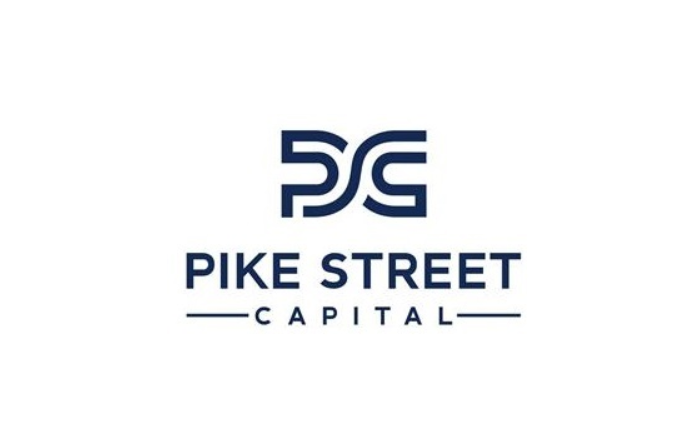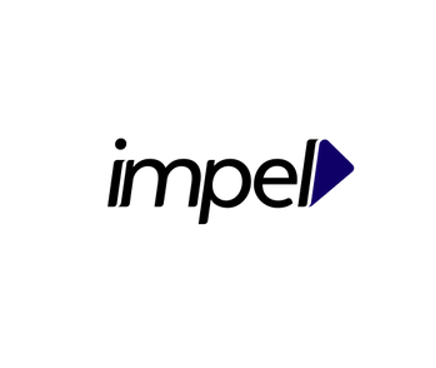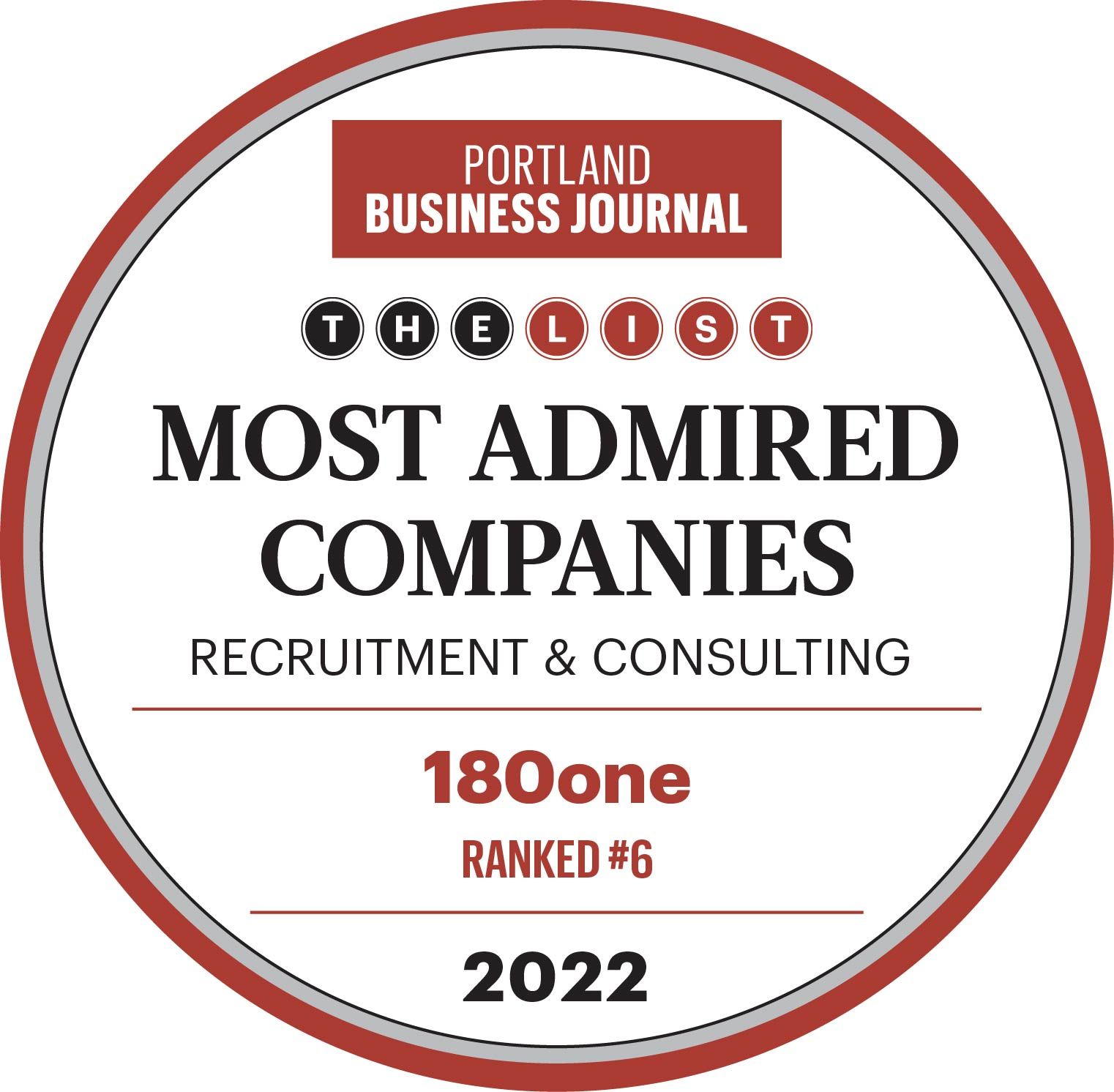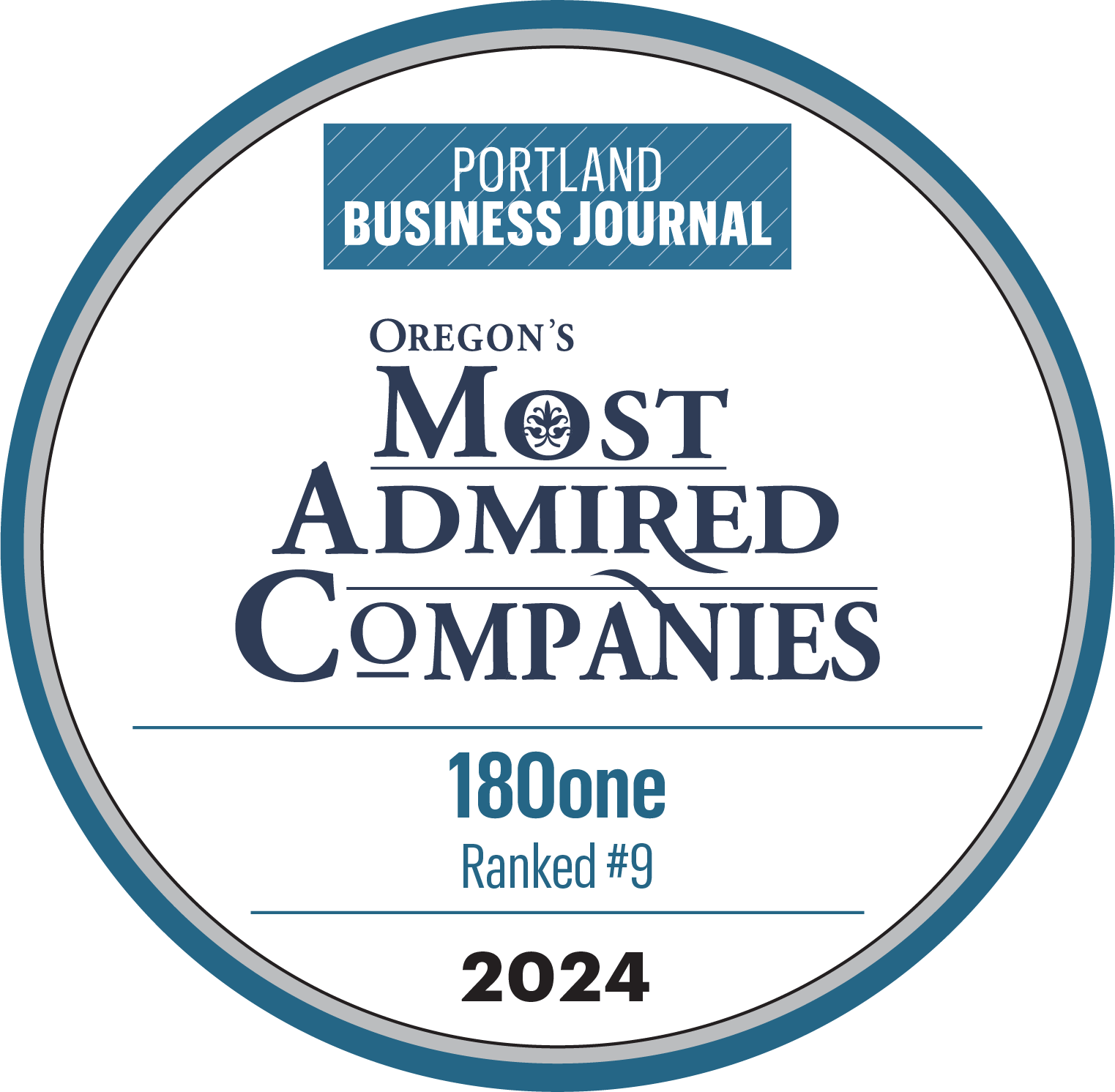A Diverse Workforce is a Better Workforce: Exploring Diversity & Inclusion in the Workplace
Conversations about diversity in the workplace often unfortunately boil down to a set of “labels” that address race, ethnicity, gender identity, sexual orientation, generation, physical ability, religious beliefs and other characteristics differentiating groups of people.
Historically, laws enacted to create equality in the workplace have focused on “checking off the boxes” beside each label instead of encouraging organizations to think more broadly about the importance of having a diverse workforce and the impact it can have on their success.
But the most successful companies are those that look beyond the labels and instead focus on creating a culture of inclusion. Cultivating a diverse organization for brand names like Nike, PwC and Target means bringing together people with multiple viewpoints and life experiences; encouraging employees and customers to embrace divergent thought and differing opinions; and ultimately establishing an inclusive environment that breeds better solutions for 21st century problems.
Today 180one explores the topics of embracing diversity and encouraging inclusion in the workplace. Keep reading about why a diverse workforce is a better workforce and ways you can promote inclusion through your hiring practices, leadership and more.
The Data Speaks for Itself
Most of us would agree that diversity and inclusion are smart to promote in the workplace, and recent studies from organizations such as Thomson Reuters and McKinsey clearly show that developing a culture around diversity and inclusion can have a positive impact on a company’s success.
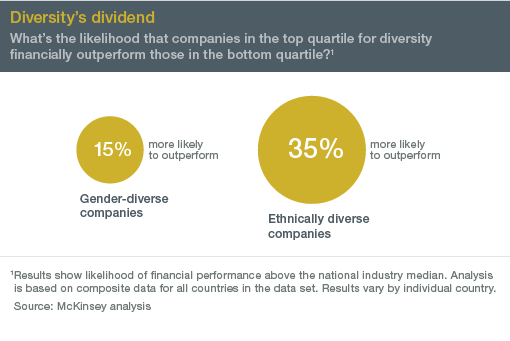
Moreover, the companies that make it onto DiversityInc’s Top 50 List, which assesses performance based on areas of diversity management such as equitable talent development and CEO/leadership commitment, consistently prove to be stock-market winners. The 2015 DiversityInc Top 50, for example, beat the S&P 500 and Dow Jones Industrial Average on a one-, three- and five-year basis, outperforming the S&P500 by 10% and the Dow Jones by 20% over five years. (Data for 2016 list not compiled at time this article was published) Embracing diversity and inclusion in the workplace is not only a best practice that all organizations should do but also gives them a competitive advantage and adds to the bottom line. So what can your organization do to begin addressing diversity and inclusion in your company? Below are four steps to get you started.
4 Steps to Start Promoting Diversity & Inclusion at Your Organization
Assess the Tone at the Top
Like with most institutional change, creating a culture of inclusion requires buy-in that must start at the top. Leaders need to embrace the global shift in how we understand diversity and inclusion and make creating an environment where diverse viewpoints are championed a value of your company. Moreover, recruiting diverse leaders for your executive team and board of directors not only creates new opportunities for innovation and solution-seeking but also sends the message to your employees that a support system exists for them across the entire organization.
Determine the Best Direction for Your Company & Culture
While your executive team must be on board to drive successful change, you also need to make sure that your organization as a whole can support the desired change. Before embarking on a major cultural shift, consider administering a survey to your employees to find out how they feel about and what they need in terms of diversity and inclusion, and use their feedback to inform how you move forward. Your company could also engage the expertise of an organizational development (OD) consultant to evaluate your company’s current state and design a plan to transform your culture into one that embraces diversity and inclusion.
Don’t Treat Diversity & Inclusion as “One-Off” Initiatives
Promoting diversity and inclusion in the workplace is an ongoing process that needs to be continuously developed and evaluated in order to be effective. Trying to engage your company with a “one size fits all” approach to diversity and inclusion just won’t work.
Keep the conversation going by appointing task forces made up of executives, mid-level management and employees from all divisions to address inclusion needs and goals on a regular basis. Gather feedback from your organization’s members through surveys and round-tables and offer educational opportunities such as workshops and mentoring groups. These programs will encourage continued awareness of diversity and inclusion needs within your organization, as well as create environments in which your employees feel comfortable and equipped to express their viewpoints.
Continue the Conversation Outside of the Office
Engaging with your employees about diversity and inclusion doesn’t just need to take place at work. Participating in the community and supporting your employees in all of their activities demonstrates interest in what they think about and their individual points-of-view, which in turn helps to establish a culture of inclusion. This added level of support and encouragement can also help with recruiting; current employees are more likely to refer strong candidates if they feel welcomed and like their voices are heard at their organizations.
How are You Encouraging Diversity & Inclusion at Your Organization?
Of course, we know that diversity and inclusion are BIG topics that can’t be addressed in a single blogpost, but engaging others in conversation is the first step to building a more welcoming and equitable workplace.
How do you promote diversity and work to create an inclusive environment at your organization? What steps have you taken that have been helpful in determining if your organization is ready for and open to the discussion? We want to hear from you! Meet us over on LinkedIn to share your thoughts and continue the conversation.
